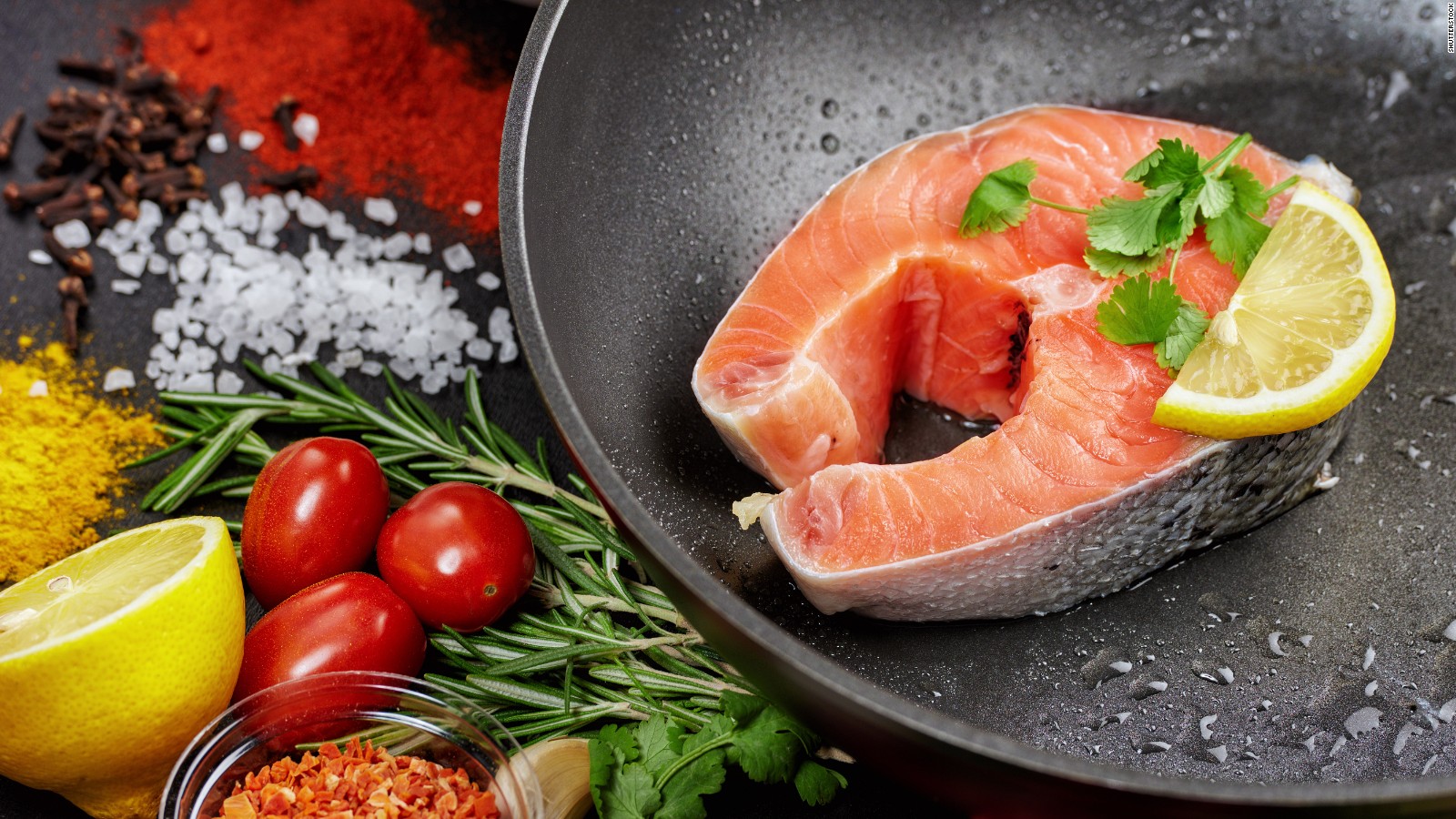For as long as I can remember, I’ve forgone traditional pajamas for the pajamas the Good Lord gave me — my skin. Much to the horror of my roommates, I sleep completely naked.
I’ve never found this weird or out of the ordinary. It’s comfortable, easy and I spend less money on stupid clothing only my teddy bear and I see.
Why would I put on pajamas when I can bask in the glory of nakedness, having only my sheets as the barrier between me and my beloved bed?
It appears the majority of US citizens don’t fly by my “Naked And Free” mantra and prefer to keep their bodies encased in a sausage sleeve of flannel whilst they venture into dream land.
Bah! Bah, I say!
For your information, America, sleeping naked is actually really f*cking good for you. It improves your happiness, your quality of sleep and will even get you laid more often.
What I’ve known for so long, science has finally confirmed. Here are seven perfectly logical, totally scientific reasons why you should sleep in your skivvies:
You’ll get way better sleep.
Wearing pajamas could disrupt this natural drop in temperature and, as a result, disrupt your body’s sleep cycle.
By skipping the drawstring PJs, you’re really just helping your overall sleep improve. That’s just science.
You can air out your lady parts.
Because your vagina has a climate similar to a tropical rainforest, it can be a breeding ground for bacteria and yeast.
By ditching
underwear and pajamas, you allow your vagina the much needed aeration it requires to stay dry and healthy. And, as we all know, a healthy vagina is a happy one.
You’ll feel sexier.
Sleeping naked is plain old sexy. When you’re with your new boyfriend, there’s nothing nicer than waking up in buff, ready and eager for morning sex.
Waking up without pajamas in the way automatically puts you in a sexy state of mind.
Since you’ll be starting the first few minutes of your day slipping your naked body alongside your partner’s, you can bet your naked butt, you’ll feel a whole lot more confident.
It also means you’re comfortable enough with yourself to let it all hang out (figuratively speaking… I think). A more confident you is a more beautiful you — and not just to yourself, but also to others.
You’ll reduce your belly size.
If you opt for sleeping in the buff, you could reduce the fat around your belly and even lower your cholesterol.
According to
the Huffington Post, your body cools down at night, increasing your growth hormones while simultaneously decreasing your levels of cortisol, which will result in “healthy sleep patterns.”
The perfect night’s sleep would be comprised of two cycles: the first has your body recuperating with lower cortisol levels and the second sees your body working to increase these levels in preparation for the next day so that you might have energy when you wake up.
If your sleep is interrupted (e.g. because of your uncomfortable pajamas), your body will naturally produce more cortisol than usual; the excess, in turn, is known to catalyze your appetite.
Say goodbye to your diet and hello to that sleeve of cookies!
Get ready for a lot more sex.
If you sleep naked, you’re going to have more sex. It’s just logical. According to Dr. Landa:
Sleeping naked encourages sex and sexier relationships are happier relationships.
I couldn’t agree more! I mean, think about it, if you’re naked already, don’t you think your chances of getting in a hump session would drastically improve?
And, naturally, with more sex, you and your partner’s intimacy will only increase — especially when the hormone Oxytocin is introduced into the situation.
Oxytocin, as the
Huffington Post notes, reduces stress levels, lowers your risk of depression and leads to a load of other health benefits that might seem completely unrelated to you and your partner naked spooning. Who knew being naked could “reduce intestinal inflammation”?
If you have no clothing barriers, what barricade do you even have?
You won’t have to take a shower in the morning.
If there’s one thing girls hate to do,
it’s shower. And if there’s one thing a human person hates, it’s showering first thing in the morning, as it forces you to wake up a full 20 to 30 minutes earlier.
But if you don’t wear pajamas, you’ll stay cool throughout the night, drastically increasing the likeliness of a good hair day the following morning.
If you get too hot in your sleep, you’re going to sweat… and if you sweat, your hair is going to look greasy. And greasy only looks good on food.
It’s just easier.
When it comes to #TeamBed, we’re all just trying to get up in those comfy pillows and blankets as quickly as we possibly can.
Putting on pajamas inherently means more work: You have to take off your clothes, pick out your jammies, and then put them on.
That might seem like a lazy thing to say, but sometimes the closet (or the kitchen, or the bathroom) is just too far away.
After #thestruggle of a 9-to-5 workday, I’m not looking to do anything to make me wait for sleep. Nada.


